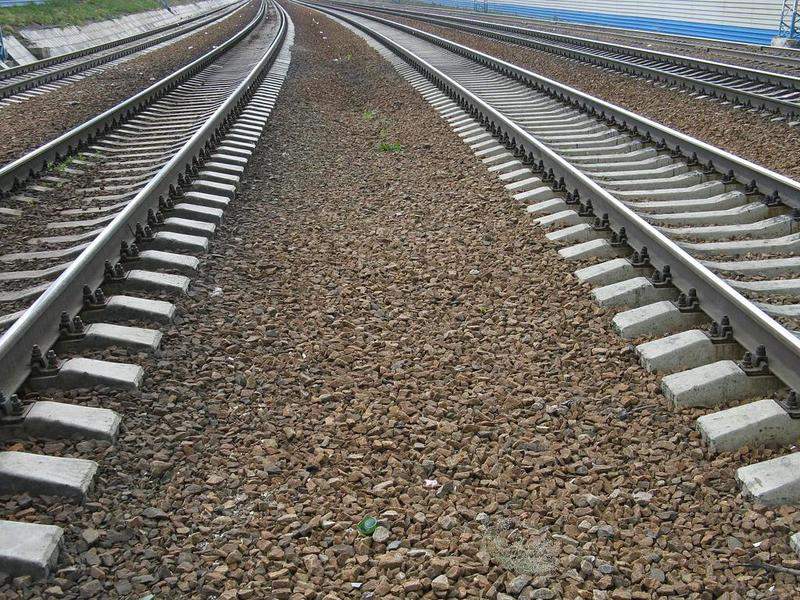
Malaysia and Singapore have agreed to postpone the high-speed rail project, with a revised agreement expected to be signed soon.
Malaysia Minister of Economic Affairs Mohamed Azmin Ali has announced the decision stating that the project will be deferred till the financial situation of Malaysia improves.
In May, Malaysia’s newly elected Prime Minister Mahathir Mohamad announced plans to scrap the project citing rising national debt.
However, a unilateral cancellation would have forced Malaysia to compensate Singapore, which has spent more than S$250m ($184.4m) on the project.
According to Malaysian business weekly The Edge, the countries have agreed to postpone the project to 31 May 2020.
Singapore’s Ministry of Transport did not confirm details with regard to the postponement and stated that discussions are currently going on to postpone the high- speed rail project.
How well do you really know your competitors?
Access the most comprehensive Company Profiles on the market, powered by GlobalData. Save hours of research. Gain competitive edge.

Thank you!
Your download email will arrive shortly
Not ready to buy yet? Download a free sample
We are confident about the unique quality of our Company Profiles. However, we want you to make the most beneficial decision for your business, so we offer a free sample that you can download by submitting the below form
By GlobalDataIn 2016, the nations’ governments signed the agreement to build the high-speed rail connecting Malaysian capital of Kuala Lumpur with Jurong East in Singapore to boost connectivity and support socio-economic development along the corridor.
The project will enable end-to-end connectivity in 90 minutes and was under reassessment by the current newly elected Malaysian Government along with other infrastructure projects to help reduce debt.
In July, Malaysia also suspended construction works on the $20bn East Coast Railway Link project.
The 688km long East Coast Railway Link was planned as part of China’s Belt and Road initiative to connect eastern coast of the country to shipping routes in the west.







